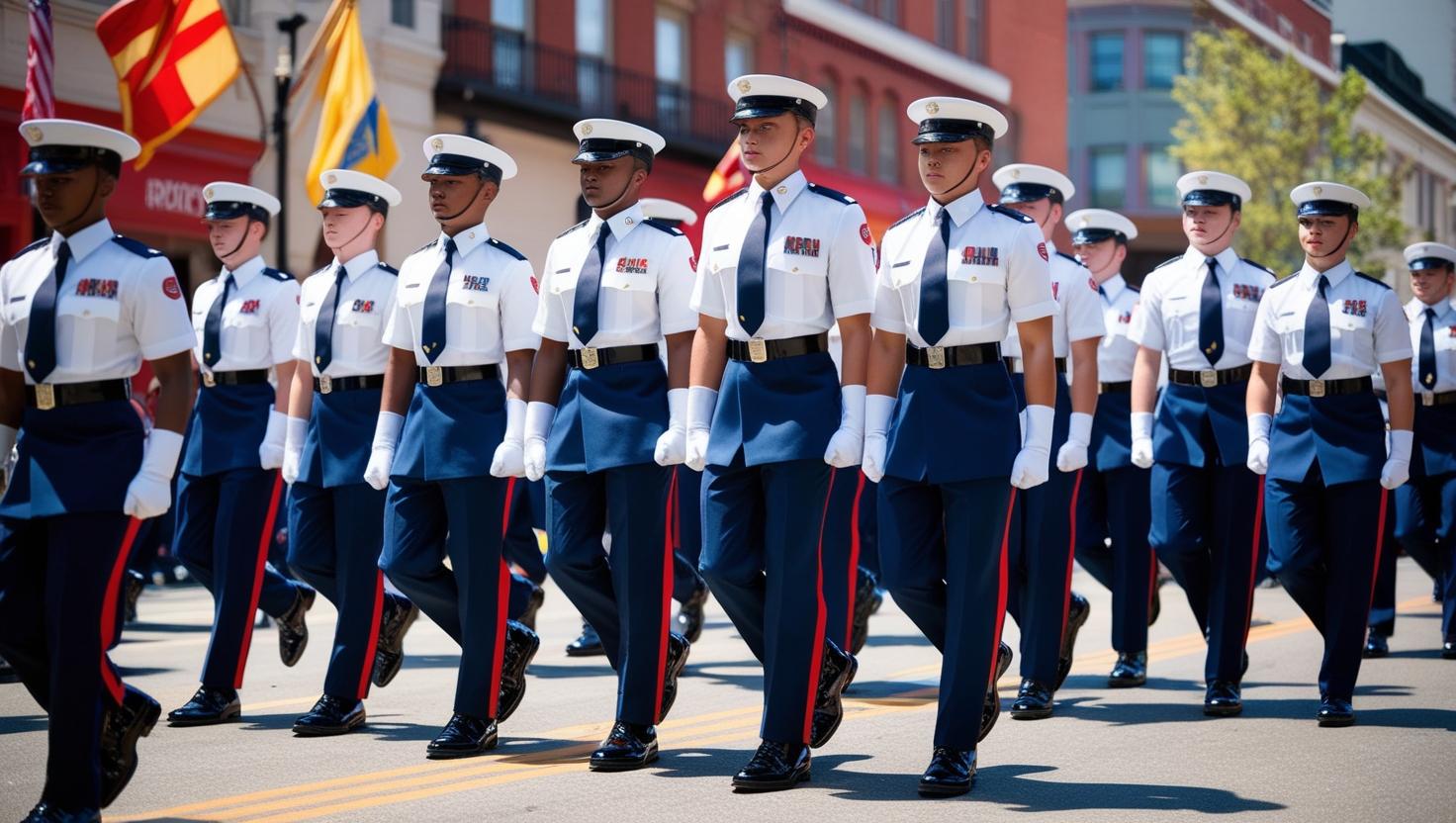5 Common Myths About Military Schools
Military schools seem to go in and out of favor with the general public.
- Perhaps that has to do with some rather common misconceptions about what military schools are and how they operate.
- The truth is that America's military prep schools carry on a proud tradition of academic and personal excellence, which has withstood the assaults of negative media attention and changing education trends.
Canva generated this picture.

Let's debunk five common misconceptions about military schools.
1. They are retirement outposts for retired officers.
Hollywood loves to portray military schools as retirement outposts for disgruntled officers with enormous grudges against just about everything and egos to match. (Think Taps with Timothy Hutton and George C. Scott.)
- The truth is that most military schools have a headmaster who is styled a commandant or superintendent according to military nomenclature.
- Becoming an administrator in a military school is a logical next career step for an officer who has retired from active service, usually in his '40s or '50s. Their egos? Most of them are pretty average.
- Their job is to run the school, hire the best faculty they can find, and manage the finances. That's what any headmaster does.
Running any private school these days requires immense amounts of administrative savvy combined with a deft touch for fund-raising and the diplomatic skills of a career diplomat.
- Being ahead of school is a multi-faceted job.




















